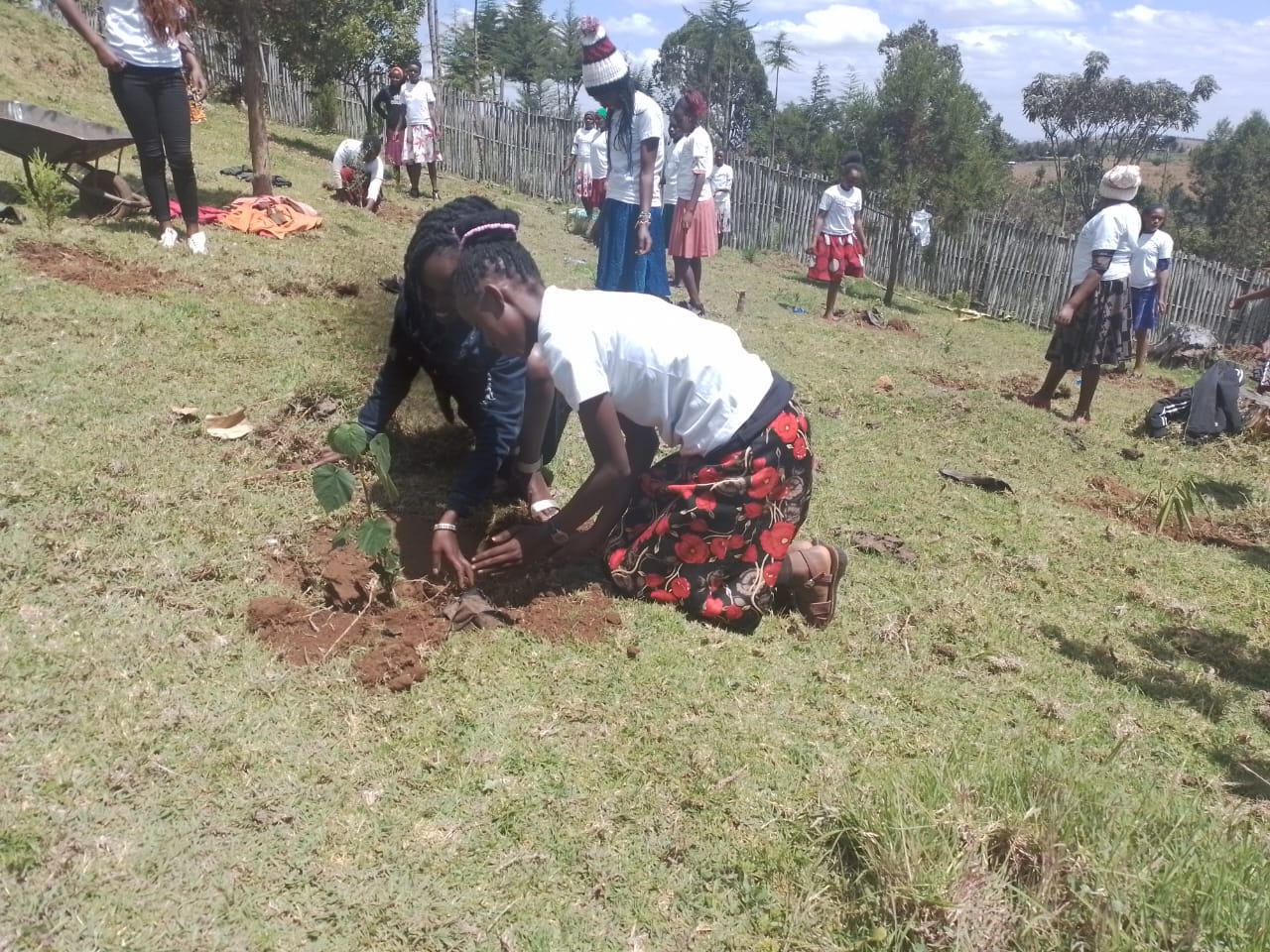Climate change is a global issue that affects all people, but it has a particularly devastating impact on indigenous communities. For centuries, indigenous people have lived in harmony with their natural environment, relying on the land for their survival, identity, and cultural traditions. However, climate change is altering the environment in which they live, causing the loss of indigenous identity and land.
The land is an integral part of indigenous identity. It is a source of spiritual, cultural, and social identity, and the loss of land represents the loss of an essential aspect of indigenous culture. Climate change is causing environmental degradation, deforestation, and land degradation, leading to the loss of land and the consequent loss of indigenous identity. In some cases, entire communities have been forced to relocate from their traditional lands, disrupting their way of life and culture.
Indigenous people also face the loss of their traditional knowledge and practices as climate change alters the environment. Traditional knowledge is the collective wisdom that has been passed down from generation to generation and is essential for sustainable development. Indigenous communities rely on traditional knowledge to adapt to environmental changes and manage their resources sustainably. However, climate change is altering the environment in which they live, making it difficult to maintain traditional practices.
In addition to the loss of indigenous identity and traditional knowledge, climate change is causing the loss of biodiversity, which is critical for the survival of indigenous communities. Indigenous people rely on the natural resources found in their environment for food, medicine, and other essential needs. However, as the environment changes, the availability of these resources is declining, threatening the survival of indigenous communities.
Furthermore, the loss of biodiversity and traditional knowledge also impacts the development of new medicines and technologies. Indigenous communities have developed innovative solutions to environmental challenges through their traditional knowledge, which can be adapted and applied to new technologies to help address global environmental challenges.
In conclusion, climate change is causing the loss of indigenous identity and land, which is an essential aspect of indigenous culture. The loss of land is causing environmental degradation, deforestation, and land degradation, leading to the displacement of indigenous communities. The loss of traditional knowledge and practices is making it difficult for indigenous communities to adapt to environmental changes, and the loss of biodiversity is threatening the survival of indigenous communities. It is essential to recognize the importance of indigenous knowledge and practices in adapting to climate change and ensuring their involvement in the development of solutions that address the impact of climate change. Indigenous communities must be empowered to lead in the efforts to mitigate and adapt to the impact of climate change to prevent the loss of their identity, land, and traditional knowledge.

